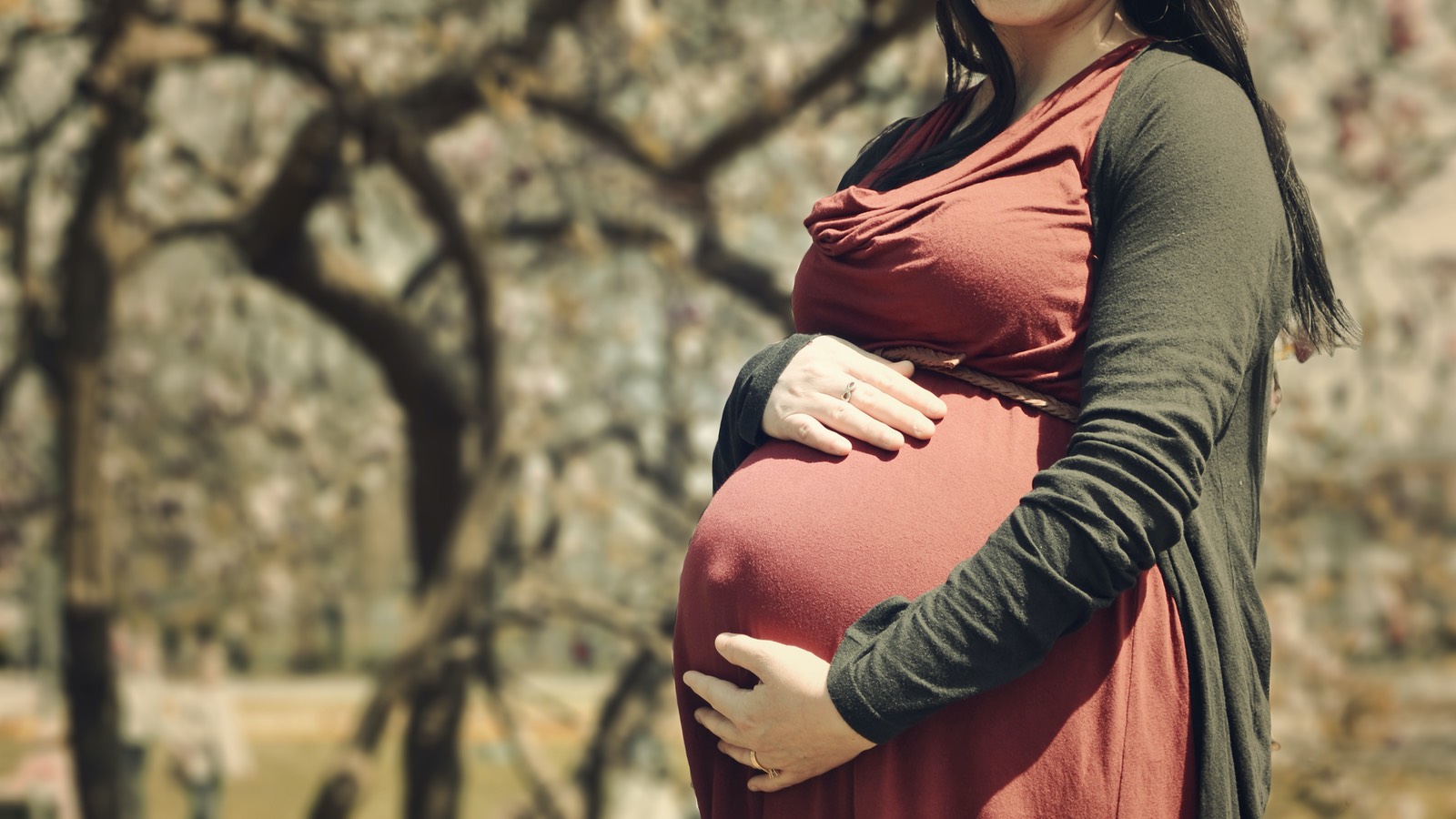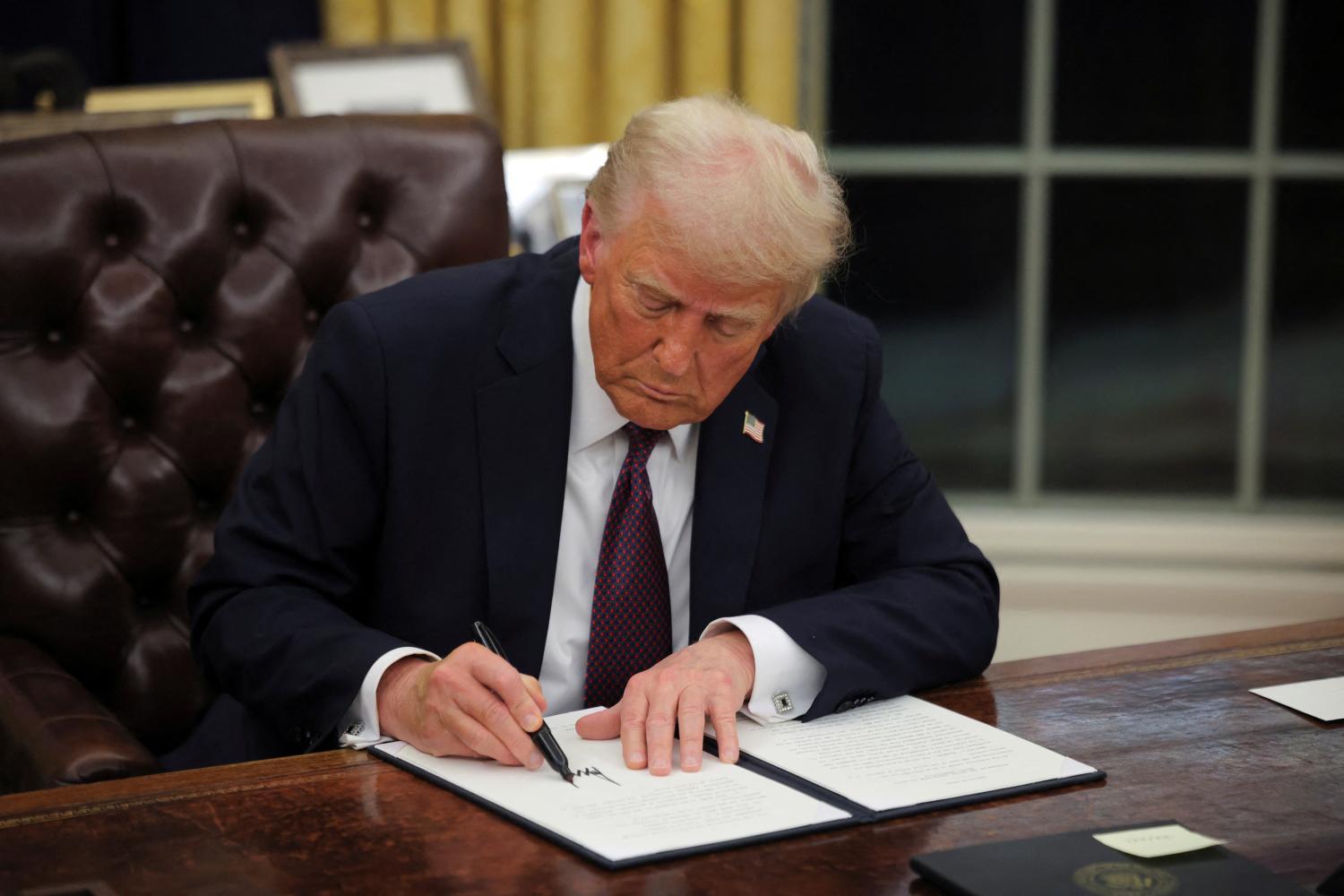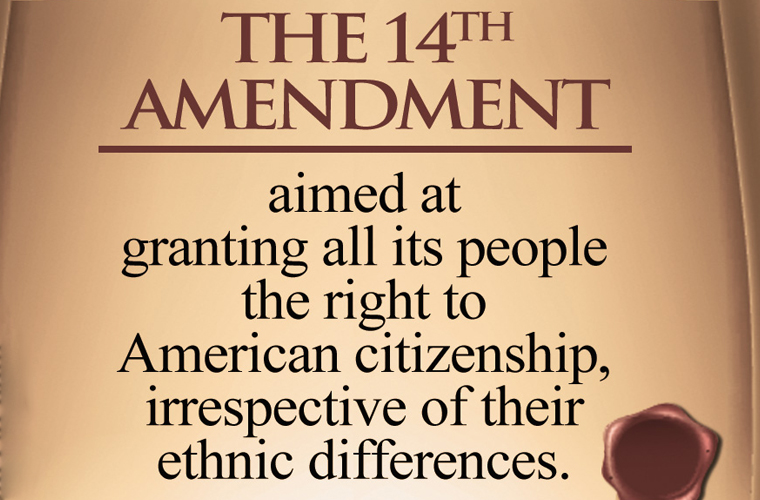The Setup: Trump's "Citizenship Surprise''
Picture the scene: It's sometime in Trump's presidency, and he decides that the rules for who gets to be an American are just too darn easy. He unveils a plan that throws a curveball at the traditional understanding of citizenship. The gist? If your parents are undocumented immigrants or are in the U.S. temporarily, then even if you're born on American soil, you might not automatically become a citizen. Cue the collective gasp.
This wasn't just a casual suggestion, mind you. It was an executive order, which is basically like a presidential command. This one was scheduled to go into effect on February 19, threatening to shake up the lives of countless families and potentially create a legal quagmire of epic proportions.
Enter Judge Boardman: The Voice of Reason (and the Law)
Now, every good story needs a hero, and in this case, it's Judge Deborah Boardman of the Maryland District Court. She took one look at Trump's executive order and essentially said, "Hold your horses!" In official legal terms, she issued a preliminary injunction, which is a fancy way of saying, "Stop right there, this isn't going to work."
Judge Boardman didn't mince words. She pointed out that for roughly 250 years, the United States has operated on the principle that if you're born here, you're generally a citizen. It's a long-standing tradition, and she wasn't about to let it be tossed out the window.
But it wasn't just about tradition. The judge emphasized that the Supreme Court, the highest court in the land, has consistently upheld this interpretation of the Constitution. So, basically, Trump was trying to rewrite the rules based on an idea that had already been rejected by the people who make the ultimate legal calls.
The 14th Amendment: The Unsung Hero of the Story
At the heart of this whole debate is the 14th Amendment of the U.S. Constitution. This amendment was ratified after the Civil War to ensure that newly freed slaves were recognized as citizens. It states, in part, that all persons born or naturalized in the United States and subject to its jurisdiction are citizens.
Now, you might think that's pretty clear, but the Trump administration argued that it doesn't apply to children born to parents who aren't citizens or legal residents. Their argument was that these children aren't "subject to its jurisdiction." However, this interpretation has been consistently rejected by courts.
Think of it like this: Imagine you're playing a board game, and there's a rule that everyone has followed for ages. Then, someone comes along and says, "Actually, I think that rule means something completely different." That's essentially what Trump was trying to do with the 14th Amendment.

The Real People Affected: Moms and Babies in Limbo
This wasn't just an abstract legal debate. It had real-world consequences for real people. Two immigrant advocacy groups filed a lawsuit on behalf of five pregnant women who were worried about their children's citizenship status.
One of those women, Trinidad Garcia, expressed her relief at the judge's decision. She just wanted to ensure her baby was born healthy and safe, but she was living with the anxiety that her child might be denied a right guaranteed by the Constitution.
The Potential Impact: A Sea of Uncertainty
According to 22 Democratic state attorneys general, Trump's policy could have resulted in over 150,000 infants being denied citizenship each year. That's a significant number of children who could have faced a future filled with legal uncertainty and limited opportunities.
Imagine growing up in the only country you've ever known, but being denied the full rights and privileges of citizenship. It's a recipe for a lot of heartache and potential problems down the road.

What's Next: The Legal Battle Continues
So, where do things stand now? Well, the Trump administration is likely to appeal the judge's decision. This means the legal battle could drag on for months, or even years. There's another hearing scheduled, and the case could eventually make its way to the Supreme Court.
In the meantime, babies born in the United States are still generally considered citizens. But the legal fight is far from over, and the future of birthright citizenship remains a topic of debate. This is a legal saga with real-world consequences, and we'll have to wait and see how it all plays out. But for now, the status quo prevails, and babies born on U.S. soil (mostly) keep their automatic ticket to American citizenship.
With inputs from agencies
Image Source: Multiple agencies
© Copyright 2024. All Rights Reserved Powered by Vygr Media.























